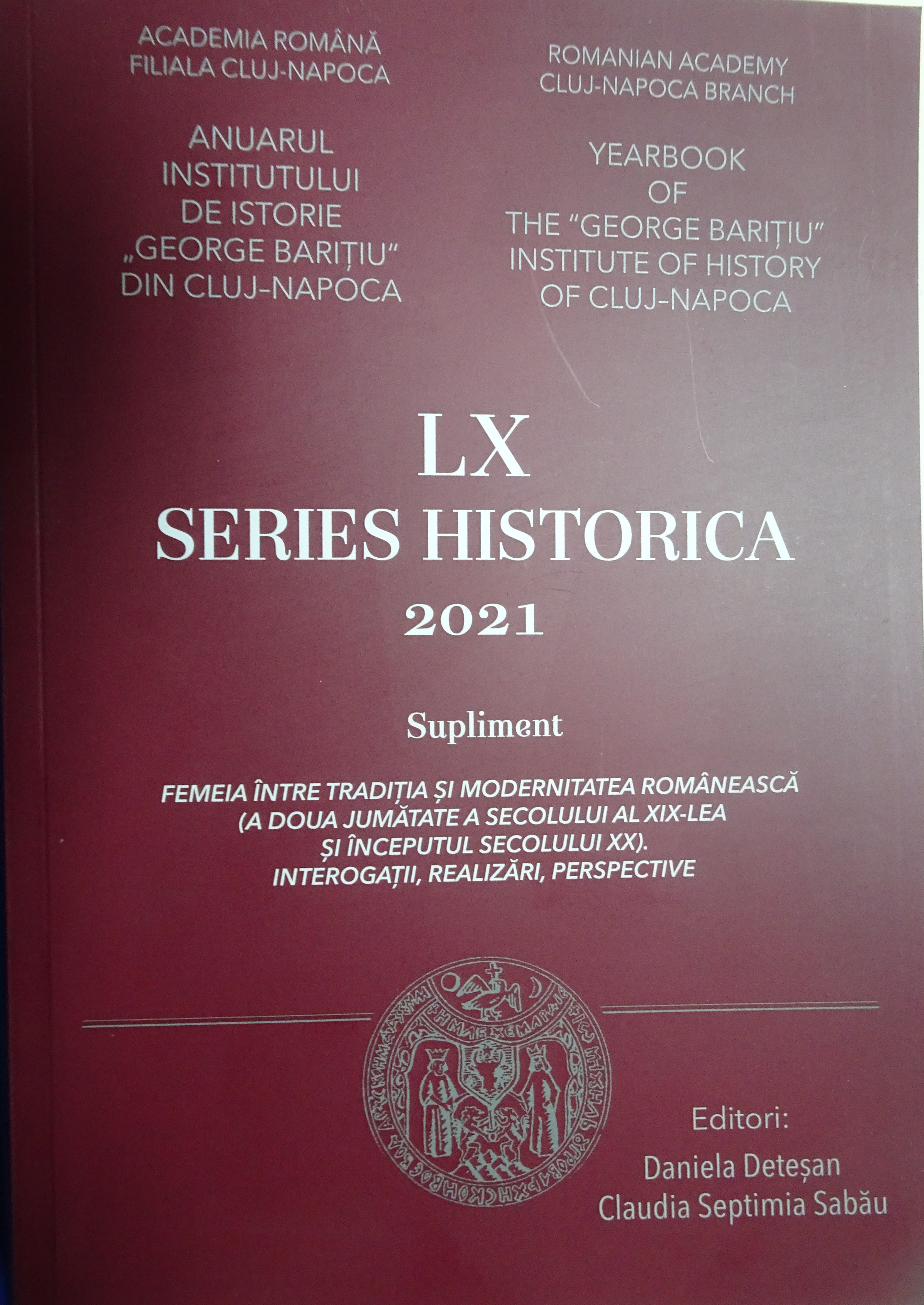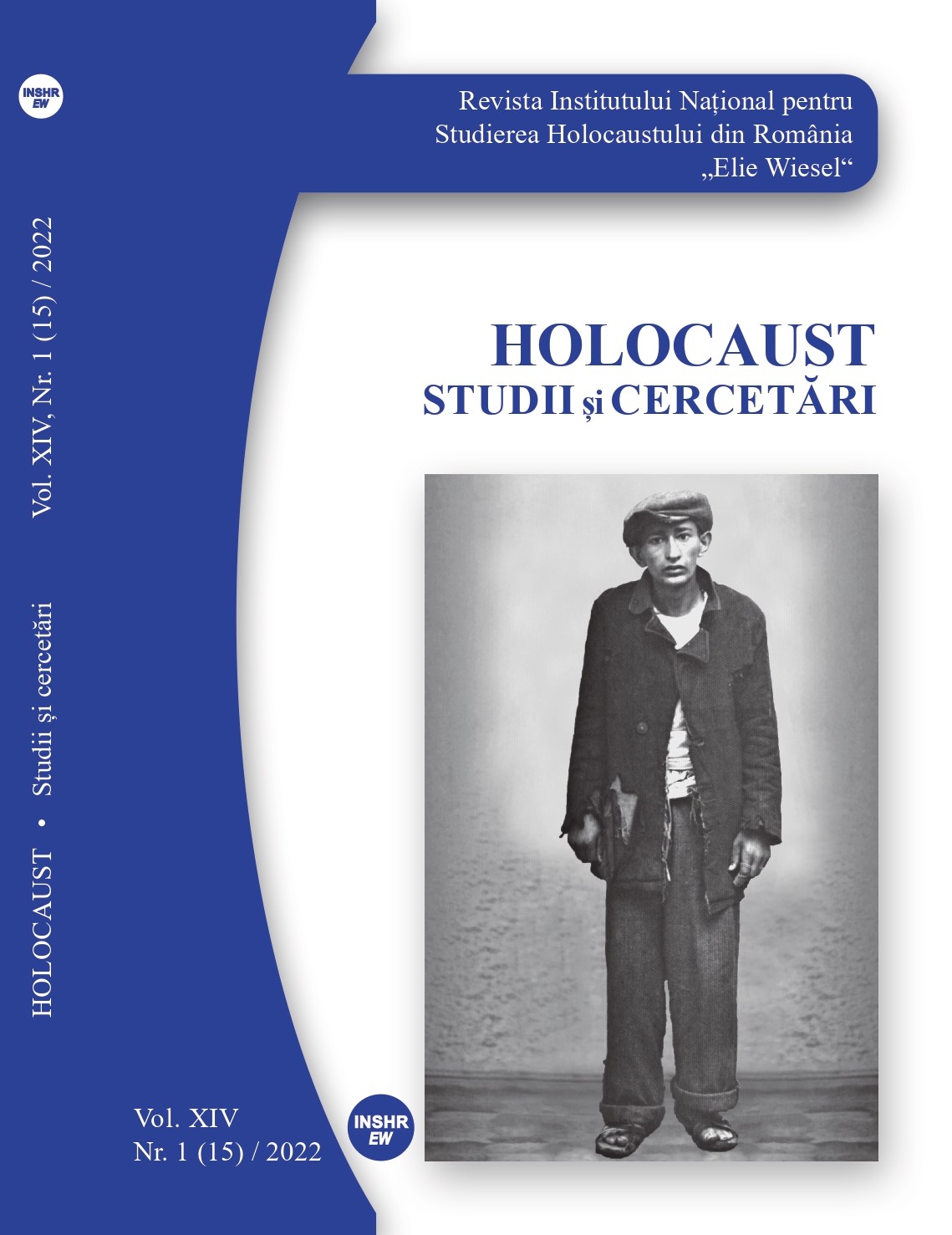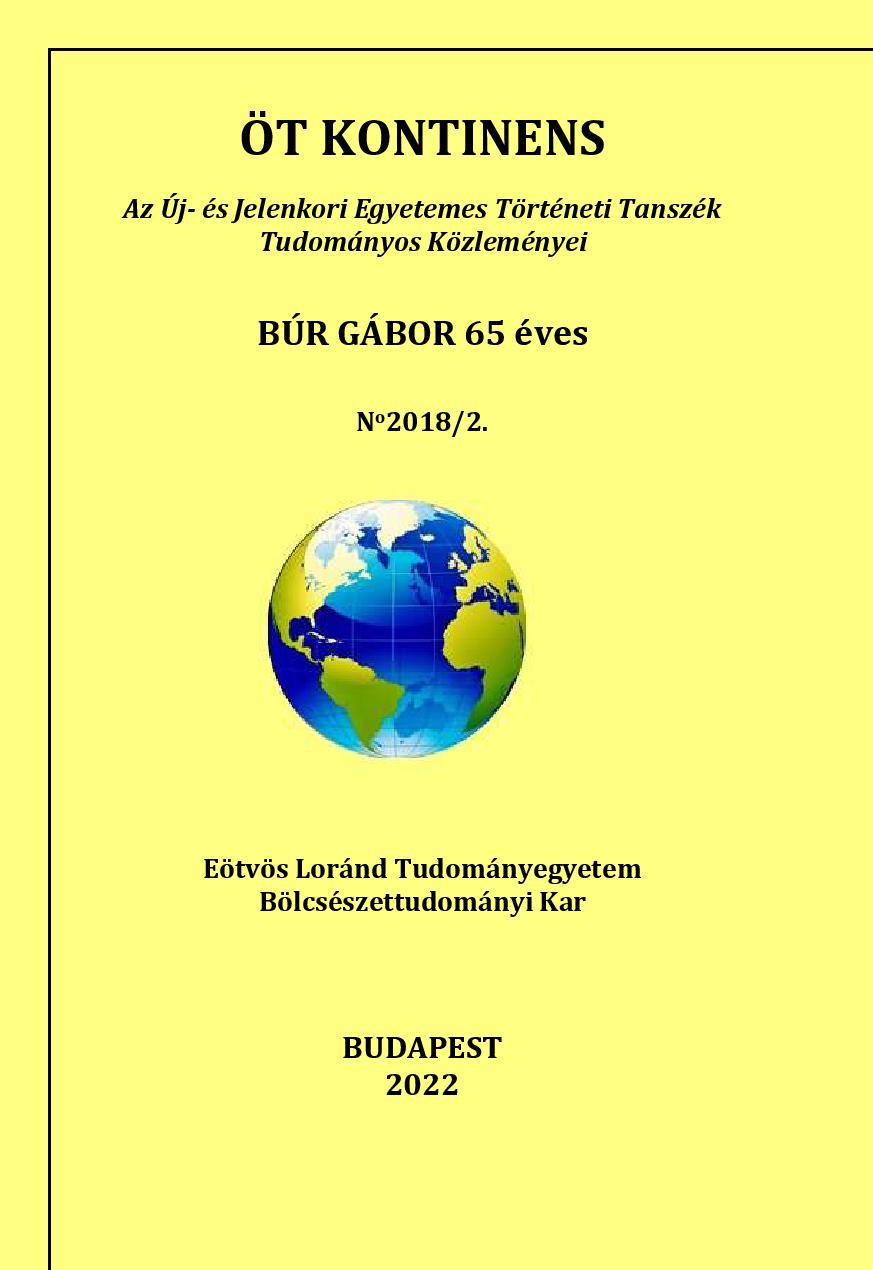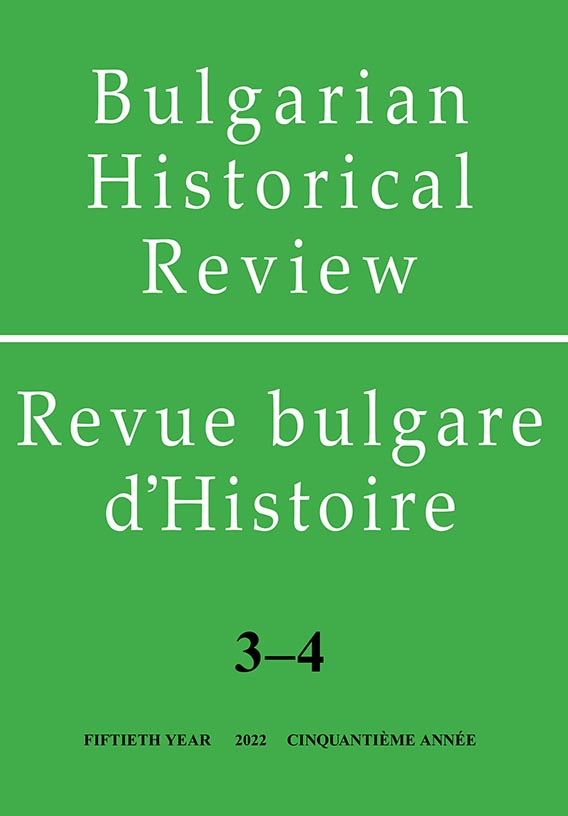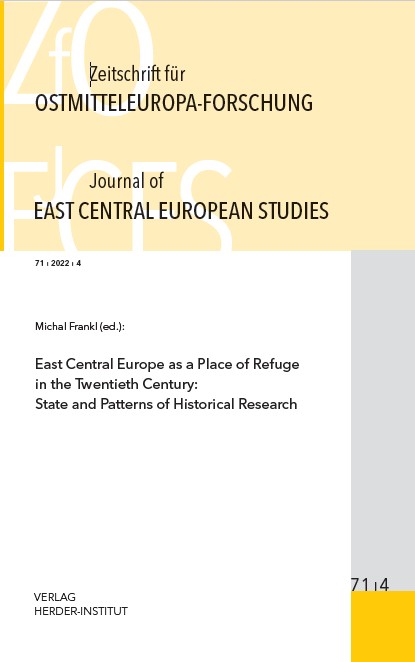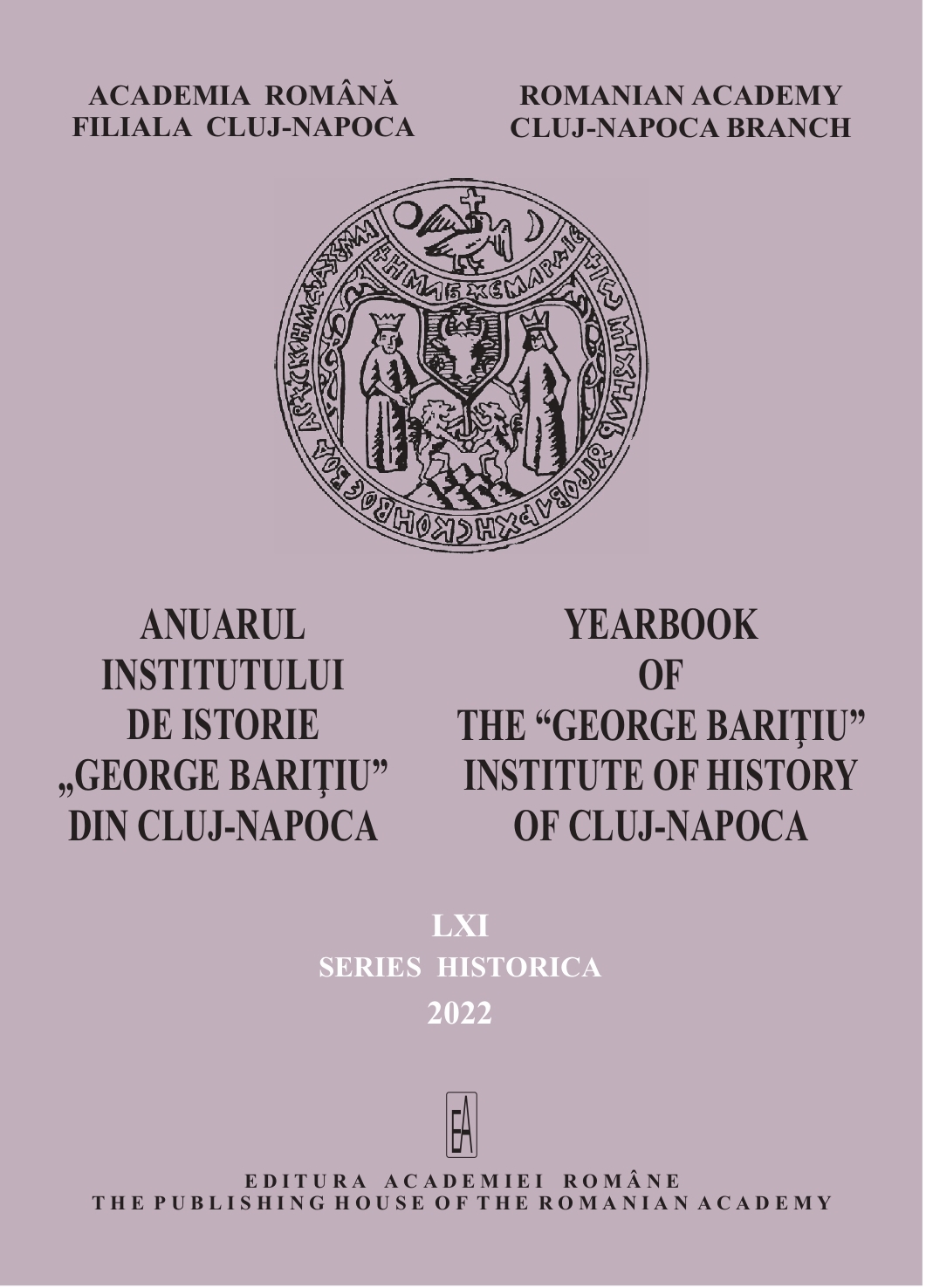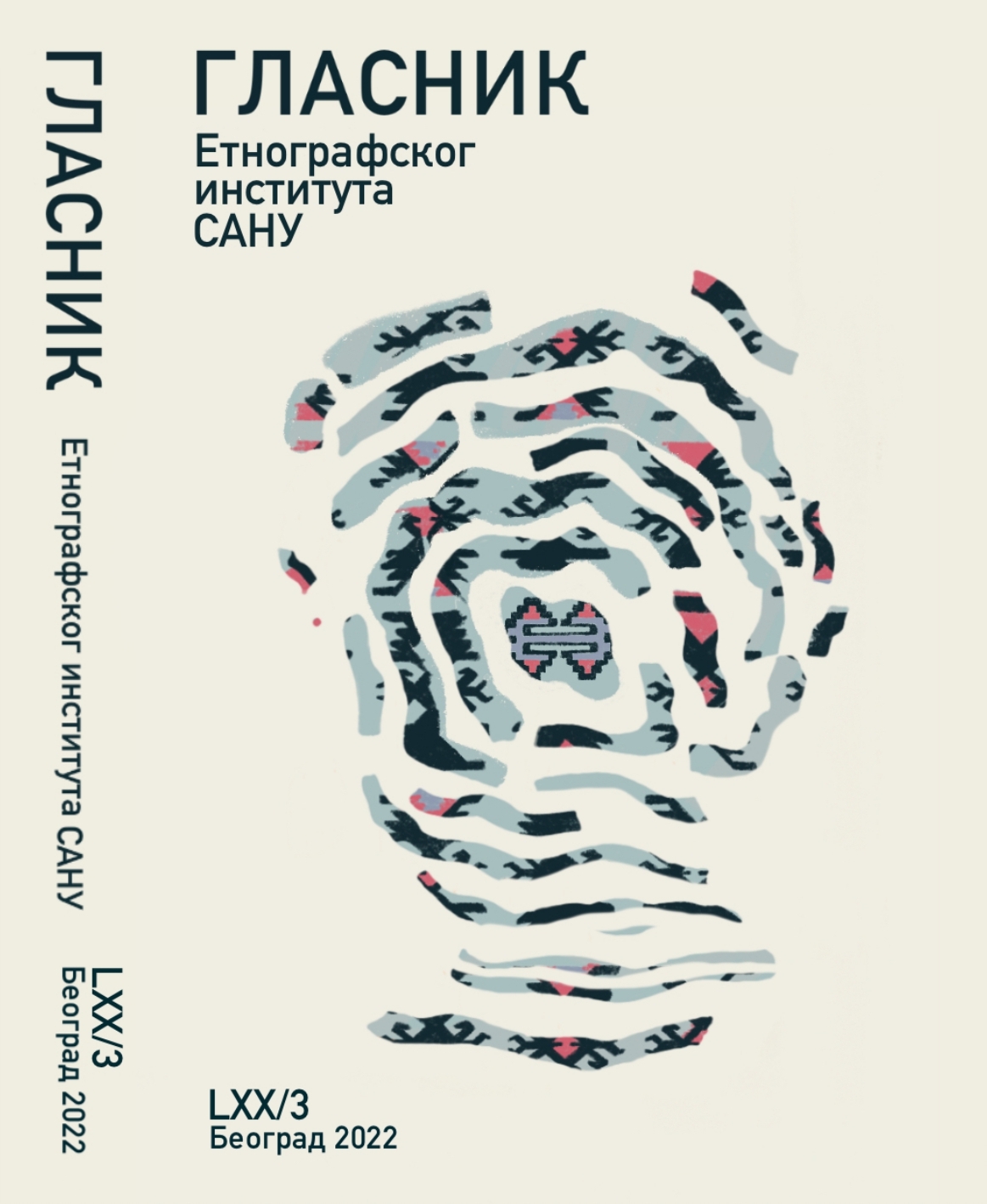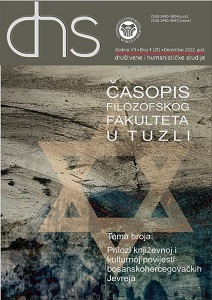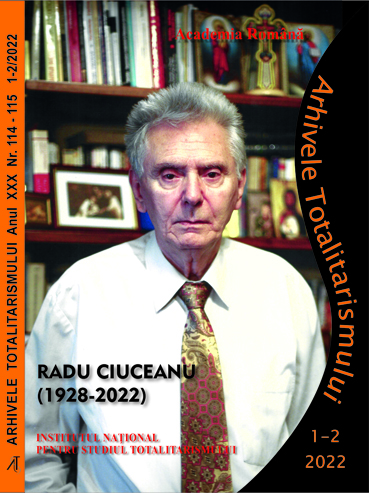
Italian cultural policies in Romania: From fascism to communism, 1943-1950
This article examines the Italian cultural policies in Romania between 1943 and 1950, from the end of the Italian Fascist regime to the beginning of the harshest phase of the Cold War, considering the different cultural and educational institutions operating on the territory, from the Institute of Italian Culture to the primary schools. Despite all the difficulties represented by the war and the political-institutional upheavals which affected both countries, Italy still attempted to preserve its significant cultural presence in Romania even in the profoundly changed post-war context: the reality of the Cold War, however, put an end to this project.
More...
